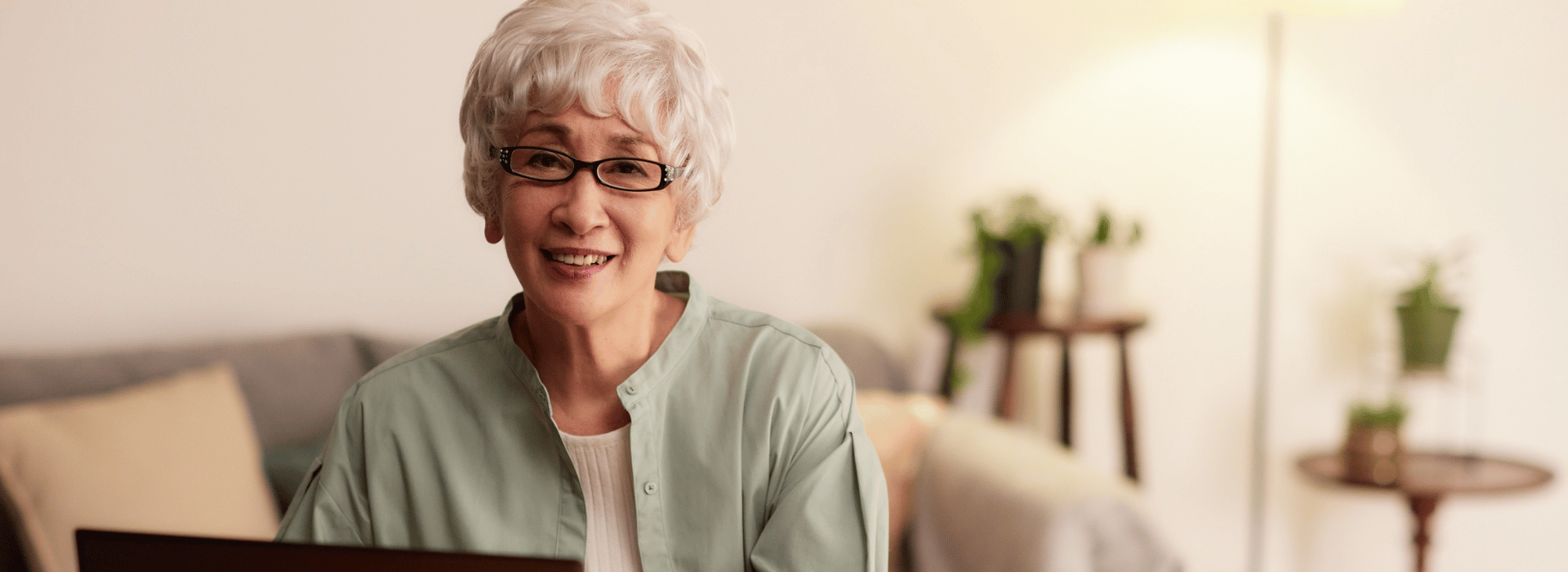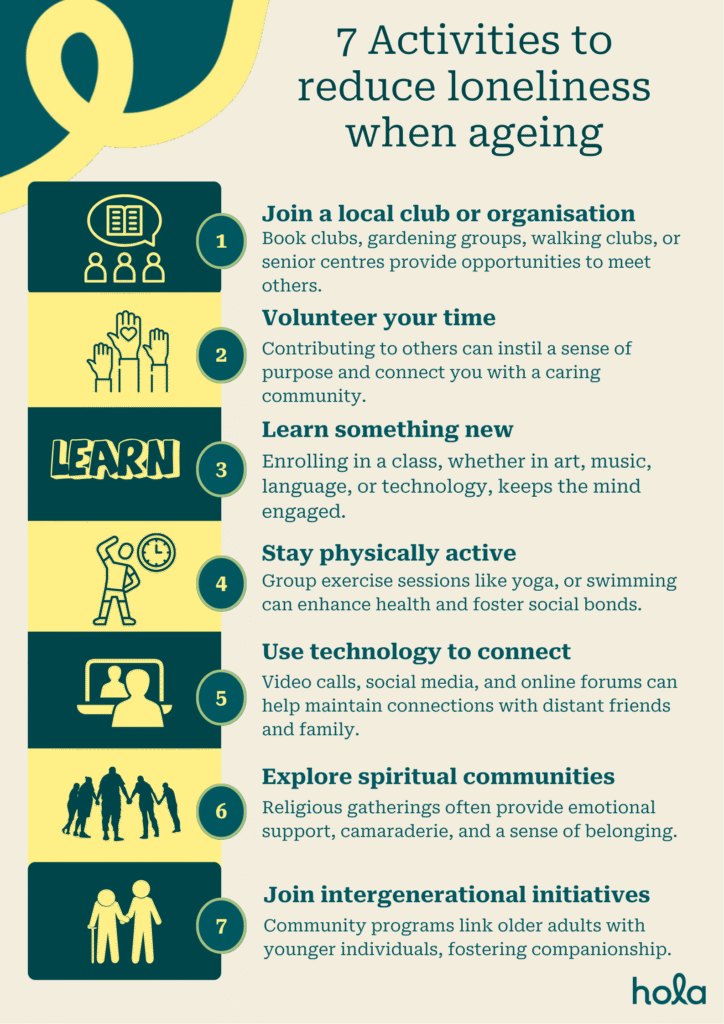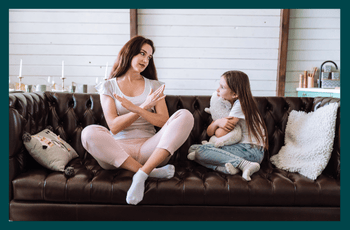How to cope with loneliness as you age?
Written by editorial staff writer at Hola. Medically reviewed by Amira Shah, MA in Counselling Psychology, Registered Psychotherapist.

Contents

Summary: Loneliness may increase with age due to major life transitions, but it is not unavoidable. Staying socially connected, active, and mentally sharp, embracing healthy habits, and seeking support can help reduce loneliness. With a positive outlook and intentional choices, older adults can find joy, purpose, and lasting connections at every phase of life.
Loneliness is an issue that can impact people of all ages, but it tends to hit harder as we grow older. In fact, it is a widespread concern—some countries report that up to 1 in 3 older adults experience feelings of loneliness. Life changes— like retiring, losing loved ones, health concerns, or a possible sense of disconnection from the community—can contribute to emotional isolation. If unaddressed, these feelings can affect mental and physical health. But loneliness doesn’t have to be the closing chapter of growing older. You have the power to change the story! By staying connected, involved, and mentally active, you can create a fulfilling and joyful life at any age, no matter how many birthdays you’ve celebrated.
Signs of loneliness in the elderly
Signs of loneliness in the elderly can be subtle but crucial to recognise. Common signs include:1. Emotional signs:
- Expressing feelings of insignificance or disconnection
- Constant despair or gloom
- Increased irritability
- Mood swings
2. Behavioural signs:
- Withdrawal from social activities or hobbies
- Disinterest in regular activities
- Avoiding phone calls or guests
3. Cognitive signs:
- Struggles with concentration or decision-making
- Increased confusion or cognitive fog
4. Physical signs:
- Sleep disturbances
- Changes in appetite
- Fatigue
- Unexplained body aches
- Ignoring self-care or home care
Ready for positive change? Start your mental health care plan here.
Should a 70-year-old live alone?
Whether or not a 70-year-old should live independently is contingent on their physical condition, mental health, mobility, and their support network. Numerous seniors live alone successfully, particularly when engaged, socially active, and have access to healthcare and emergency assistance. However, factors such as chronic health issues, memory concerns, or feelings of isolation can make living alone more challenging or potentially dangerous.
Regularly evaluating the person's safety, daily functioning, and emotional state is crucial. In certain situations, assisted living, home care services, or cohabiting with family may enhance their quality of life. Ultimately, the decision should reconcile the desire for independence with the need for safety, support, and overall well-being.
How do you accept chronic loneliness?
Acknowledging chronic loneliness does not equate to surrendering; it involves recognising your feelings without self-criticism and taking small, gentle steps toward recovery. Begin by understanding that loneliness is a widespread human experience rather than a personal failing. Journaling, practicing mindfulness, or consulting a therapist can assist in examining the underlying causes of your isolation and lessen self-reproach.
Redirect your attention from what’s lacking to what can be created. Cultivate small relationships, such as conversing with a neighbour, participating in a class, or volunteering. These actions foster purpose and community. If feelings of loneliness become overwhelming or persistent, it’s essential to seek professional assistance. You aren't alone in your feelings, and support like online therapy or mental health treatment plans (MHTPs) from services such as Hola Health is readily available to guide you toward a hopeful future.
Also read: Positive ageing: Therapist's approved guide
Does life get lonelier as you get older?
Life may become lonelier as one ages, but this is not inevitable. Many seniors confront loneliness stemming from retirement, the passing of loved ones, or diminished social opportunities. Health issues and mobility limitations can also hinder social interactions. Nevertheless, by taking proactive measures, aging can transform into a period filled with meaningful connections and purpose.
Remaining socially active, engaging in hobbies, volunteering, or becoming part of community organisations can alleviate feelings of loneliness. Technology such as video calls or social media platforms can also help maintain connections. If feelings of isolation continue, it’s perfectly acceptable to seek help. Resources like Hola Health provide mental health treatment plans and online therapy, simplifying the process of receiving assistance from home. Although aging involves changes, maintaining a connection is always achievable.
The effects of chronic loneliness on mental health in seniors
Chronic loneliness can severely impact the mental health of older individuals. As their social circles diminish and life shifts occur like retirement, the loss of a partner, or reduced mobility, many seniors grapple with ongoing feelings of isolation. Over time, this loneliness can lead to significant mental health issues like depression, anxiety, and cognitive decline. Older adults enduring prolonged loneliness may also experience disrupted sleep, elevated stress levels, and decreased resilience against physical ailments. Emotional withdrawal can further isolate them, creating a cycle that's challenging to escape without assistance.
Timely intervention is essential. Promoting consistent social interaction, community engagement, and access to mental health resources such as a Mental Health Treatment Plan (MHTP) or online consultations through services like Hola Health can significantly enhance well-being and quality of life.
5 Chronic loneliness prevention strategies
To avert chronic loneliness in older adults, it’s crucial to take deliberate steps to remain socially, emotionally, and mentally engaged. Here are practical strategies:- Stay socially active: Keep in frequent touch with family, friends, and neighbours. Participate in community activities or join local organisations to create meaningful relationships.
- Volunteer or engage in group activities: Contributing to the community or enrolling in group classes like art, music, or fitness provides a sense of purpose and nurtures new friendships.
- Utilise technology for connection: Video calls, messaging applications, and social media can help overcome physical distances with loved ones.
- Focus on mental and physical health: A nutritious diet, regular exercise, sufficient sleep, and consistent medical check-ups contribute to emotional well-being.
- Seek support whenever necessary: Utilising services like Hola Health’s mental health treatment plans or online therapy can offer valuable support and help prevent loneliness from becoming overwhelming.
Managing loneliness for widows & widowers: 7 tips
Losing a partner can lead to profound emotional distress and a strong sense of isolation. While recovery is a gradual process, there are gentle ways to reconnect with life and discover a renewed sense of purpose. Here are some helpful strategies:- Permit yourself to grieve: Recognise your emotions without judgment. Each person's grief journey is unique; allow yourself the freedom to feel and heal at your speed.
- Keep to routines: Maintaining everyday habits, even the simplest ones, can provide comfort and a sense of order during emotionally turbulent times.
- Connect with others: Avoid isolating yourself. Spend time with friends or family, even if it's just for brief visits. Small interactions can help strengthen your social ties.
- Participate in a support group: Conversing with others who have faced similar losses can offer understanding and comfort. Many communities and online resources provide bereavement support.
- Explore new interests: Engage in hobbies, activities, or classes that appeal to you. This can help you spend your time meaningfully and introduce you to new acquaintances.
- Consider getting a pet: If it feels right for you, adopting a pet can provide companionship and add joy to your daily routine.
- Seek professional help if necessary: Therapists or counsellors can assist you in navigating your grief and addressing feelings of loneliness. Services like Hola Health provide accessible online therapy customised to your emotional requirements.
7 Activities to reduce loneliness when ageing
As we age, maintaining social and emotional connections becomes vital for our mental and physical well-being. Loneliness can subtly arise, but participating in meaningful activities can help counteract it. Here are some efficient ways to feel more connected and fulfilled:- Join a local club or organisation: Book clubs, gardening groups, walking clubs, or senior centres provide excellent opportunities to meet individuals with shared interests.
- Volunteer your time: Contributing to others can instil a sense of purpose and connect you with a caring community.
- Learn something new: Enrolling in a class, whether in art, music, language, or technology, keeps the mind engaged and encourages social interaction.
- Stay physically active: Group exercise sessions like yoga, tai chi, or swimming can enhance health and foster social bonds.
- Use technology to connect: Video calls, social media, and online forums can help maintain connections with distant friends and family. Learning to navigate these technologies can feel empowering.
- Explore spiritual or faith-based communities: Religious gatherings often provide emotional support, camaraderie, and a sense of belonging.
- Join intergenerational initiatives: Numerous community programs link older adults with younger individuals, fostering mutual learning and companionship.

A mental health care plan that works
A mental health care plan is a systematic support framework developed by a physician (usually a GP) to aid in managing mental health conditions like anxiety, depression, stress, or more complex emotional issues. It details your mental health needs, treatment objectives, and available support resources. Your GP evaluates your situation and collaborates with you to formulate a personalised plan that may include referrals to psychologists, counsellors, or other specialists.
Through this plan, you might qualify for up to 20 subsidised sessions with mental health professionals via national health programs like Medicare in Australia. These sessions can track progress, modify treatment approaches, and support long-term recovery. A plan is typically reviewed every 3 months mental health care plan can be assessed and revised as your needs evolve. A mental health care plan is a proactive method to receive organised, ongoing support for your emotional wellbeing.
A positive note on aging
Getting older doesn’t mean getting lonelier—it’s about exploring new paths to connect and grow. By putting in some effort, embracing curiosity, and keeping an open heart, you can transform loneliness into companionship, fulfilment, and joy. After all, age is just a count of the experiences you’ve had, and the best ones might still be ahead. Research shows that social connection in later life can increase life satisfaction by up to 30%.Take control of your mental health. Begin your care plan now.
What we treat
- Cough
- Nausea & vomiting
- Fever
- Hayfever
- Fatigue
- Sore throat
- Acne
- Hair loss
- Gout
- Eczema
- Rosacea
- Sunburn
- UTI
- Erectile dysfunction
- Contraception
- Morning sickness
- Morning after pill
- Prostate health
- Anxiety
- Depression
- Stress
- Grief & loss
- Antidepressants
- Premature ejaculation
- Asthma
- Blood pressure
- Blood thinners
- Diabetes
- Cholesterol
- Migraines & headaches
- Allergies
- Body ache
- Heartburn & reflux
- Sleep disorder
- Pain relief
- Gastro
Related Articles
Disclaimer
This blog is for general informational purposes only and does not indicate that Hola Health provides all treatments or preventive measures mentioned. It is not intended to be a substitute for professional medical advice. Always seek the guidance of your doctor or other qualified health professional with any questions you may have regarding your health or a medical condition. For emergencies please immediately contact 000. Any medical topics discussed are intended to educate, not to imply availability through Hola Health.

Get affordable healthcare on your terms, with quick access to qualified, Australian-registered telehealth doctors & health practitioners, 24/7, 365 days a year. No more searching for ‘doctors near me‘ – Hola connects you instantly.
Address: 79 St Georges Terrace, Perth WA 6000


Hola Health App
Get affordable healthcare on your terms, with quick access to qualified, Australian-registered telehealth doctors & health practitioners, 24/7, 365 days a year. No more searching for ‘doctors near me‘ – Hola connects you instantly.
Call 000 for emergency or urgent medical help.
Address: 79 St Georges Terrace, Perth WA 6000
© Hola Health, a brand of Packapill Pvt Ltd


 Facebook
Facebook  X
X  Copy Link
Copy Link











